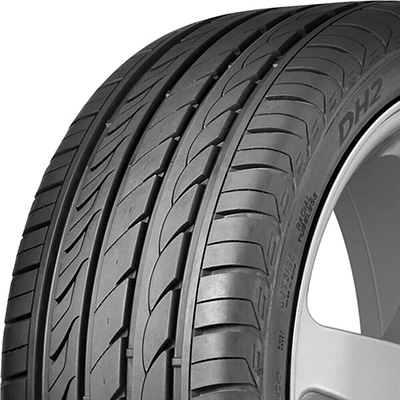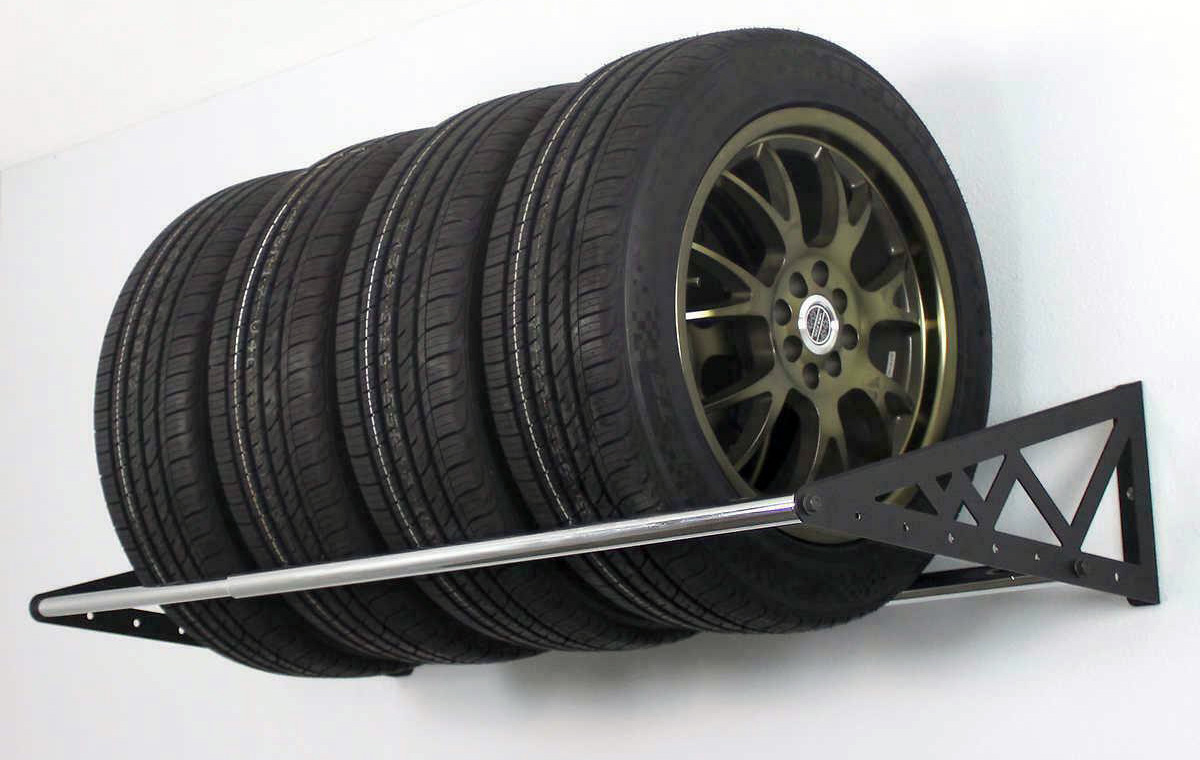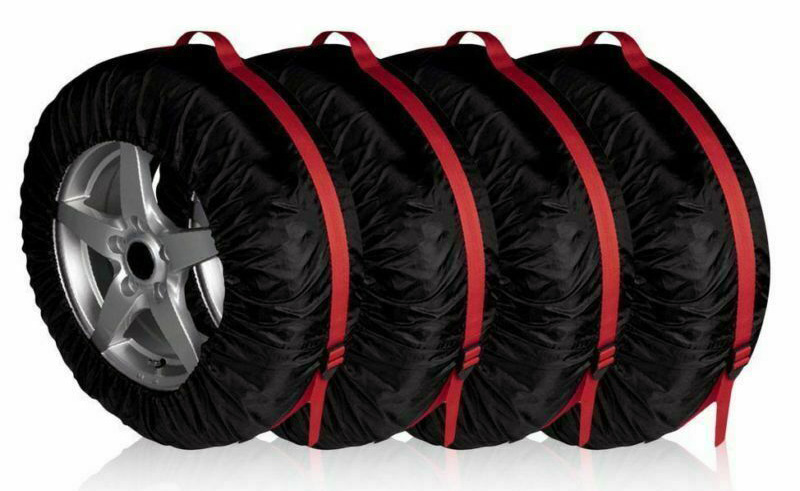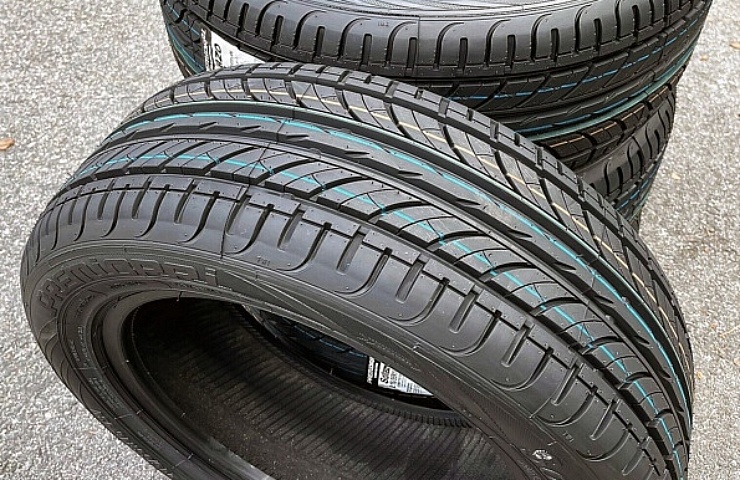Contents
Summer tires (sometimes called performance tires) are an easy way to increase your car’s traction, performance, braking, and handling. But what’s a summer tire vs. all-season vs. winter?
- Summer tires are made with rubber compounds to make them stickier in warmer weather. The tread design puts more rubber on the road, resulting in greater traction and grip. In addition, these tires offer better cornering and control during higher temperatures and in the rain.
- Winter tires have a unique rubber compound that stays stiff in cold weather. The deeper tread designs handle snow and ice, pushing the slush out of the path of the tires. The tread design also offers better traction on ice.
- All-season tires are a compromise between a summer and winter tire, but in many cases are not ideal for either hot or cold weather. The rubber compound is formulated to function adequately in colder climates without falling apart. But the same snow-friendly design is not ideal for driving during a heatwave.
Are Summer Tires Worth It?

The tread on a summer tire is relatively shallow.
In a word: Yes. A summer tire’s stickier surface means better traction and safety. Also, the tread design is made specifically for rain. The shallow, straighter tread design pushes the water off the tread and allows for more material to make contact with the road. At the same time, the tread remains stiffer to offer better handling.
A summer tire also usually has a lower rolling resistance, which means slightly better gas mileage. The savings at the pumps can help pay for buying a new set of summer tires.
Those are compelling reasons to switch to a summer tire. But there are drawbacks. One disadvantage to a summer tire is a shorter life. Because the rubber compound is stickier, it usually wears off faster. The result is a tire that provides fewer miles of service.
Summer Tire: Temperature Range

Your extra tires don’t need to clutter the garage. eBay has off-the-floor storage solutions.
The magic number is 45. A summer tire is generally recommended only when the temperature exceeds 45 degrees Fahrenheit. A summer tire vs. all-season is a compromise. The bottom line: All-season tires don’t offer the performance provided by a summer tire.
However, when the temperature cools below 45 degrees, summer tires become less effective and safe. In other words, if you like the idea of a high-performance summer tire, then go for it. But swap them out when temperatures cool down.
Expert Tips: How to Store and Swap Summer Tires

Tire covers keep out moisture and help prevent dirt and rust from collecting on the wheels and rims.
To facilitate swapping tires each season, we recommend keeping two sets of rims—one set will have the winter tires, and the other is for the summer. Be sure and swap out all four tires. Otherwise, the front set’s traction will differ from the rear, which creates dangerous handling characteristics. Keep the spare set in tire covers to avoid any unnecessary UV exposure and make for tidy storage. If you have wall space, a tire storage rack can keep the tires off the ground.
When it comes time to make the swap, switch to the appropriate rims with the tires already mounted. That makes for an easy exchange twice a year.
Many summer tires are unidirectional. Manufacturers place directional arrow markings on the tires to show you the correct direction. Make sure to install them properly—paying attention to the direction.
If your car has a tire pressure monitoring system, the vehicle might need to “re-learn” the TPMS settings. To get details, read this article: “Tire Pressure Monitoring Systems: Using a TPMS Relearn Tool.
Finally, winter might seem far away. But it bears repeating that a summer tire should never be left on the car when temperatures start to drop. A summer tire’s tread design and rubber compounds are not made for winter. Using a summer tire in winter conditions is dangerous.
To learn about the important safety factors with seasonal tires, check out this article: “Winter Tires Save Lives: Don’t Cheap Out When It Comes to Safety.”





